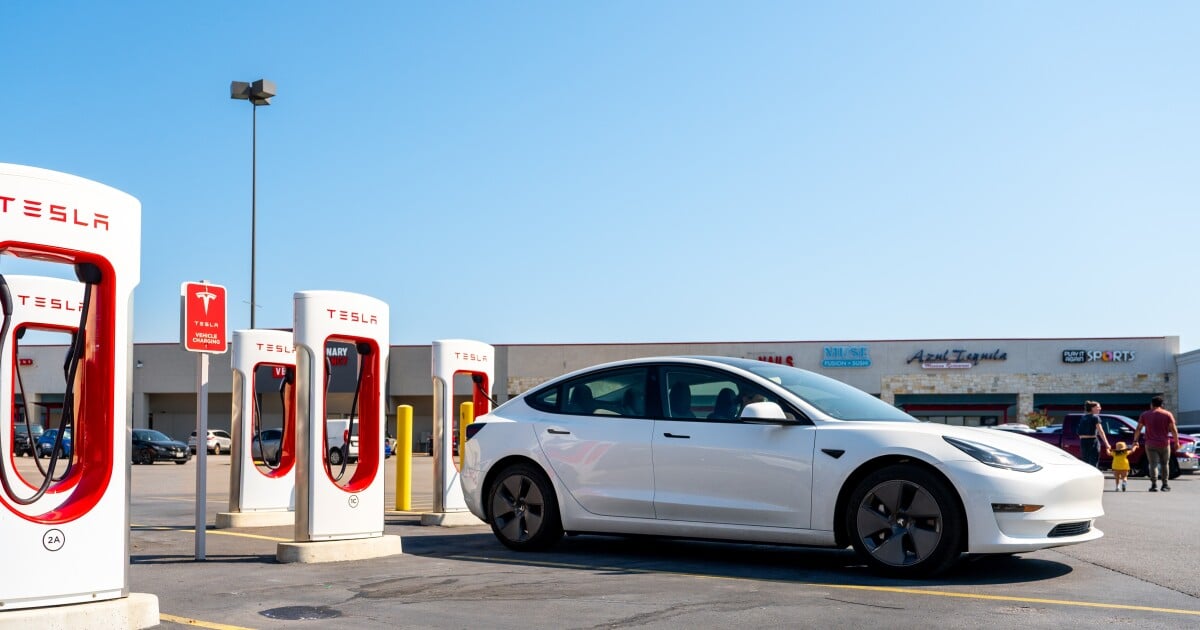Everyone knows that electric vehicles are supposed to be better for the planet than gas cars. That’s the driving reason behind a global effort to transition toward batteries.
But what about the harms caused by mining for battery minerals? And coal-fired power plants for the electricity to charge the cars? And battery waste? Is it really true that EVs are better?
The answer is yes. But Americans are growing less convinced.
The net benefits of EVs have been frequently fact-checked, including by NPR. "No technology is perfect, but the electric vehicles are going to offer a significant benefit as compared to the internal combustion engine vehicles," Jessika Trancik, a professor at the Massachusetts Institute of Technology, told NPR this spring.
It’s important to ask these questions about EVs’ hidden costs, Trancik says. But they have been answered “exhaustively” — her word — and a widerange of organizations have confirmed that EVs still beat gas.



For inner city folk yes.
The US used to have an incredibly comprehensive rail network, combined with street cars in every town. This “public transit is only for cities” nonsense is pro car propaganda.
I used to live outside a town of 3,000 people. Prior to the 1950s it had a trolley that would take you to the 15 miles to the nearest city, and from there you could catch a train to go pretty much anywhere.
You can still have public transit/trains on suburban areas. See Germany or the Netherlands.
Or Japan, or China, or South Korea, or Italy, or Argentina, or Lancaster PA, or parts of New Jersey even. Fuck man so many places have public transit.
How I’m imagining public transportation in Lancaster, PA:
I mean close but instead think a fleet of like 20 bus routes that spread out in every direction for miles and miles into suburbs and farmland. And the buses have real time GPS tracking.
But otherwise very similar.
Japan beats everyone.
Its not a “you can” problem. Its a “we don’t” problem. I cannot get to work on time (7am) using the only public transport we have (bus) in a county with a million people. Also would take about 1.5hrs longer than by car. to be 15m late (assuming the bus is on time) every day. puts it around 4 hours travel to/from work, so work takes up ~12 hours of your day.
deleted by creator
The trip length is certainly an issue but bosses in the US need to be more on board their workers arriving when the bus system can reasonably get them there instead of demanding a ~25,000 dollar investment just to get to work.
Saw a rural bus system working perfectly fine in South America. If they can figure it out, so can we.
deleted by creator
Even just taxes. I pay taxes. I’d like to breathe less shit from all the commuters and have all the people I depend on at their work. This aversion to taxes in the US is terminal unless we get rid of it.